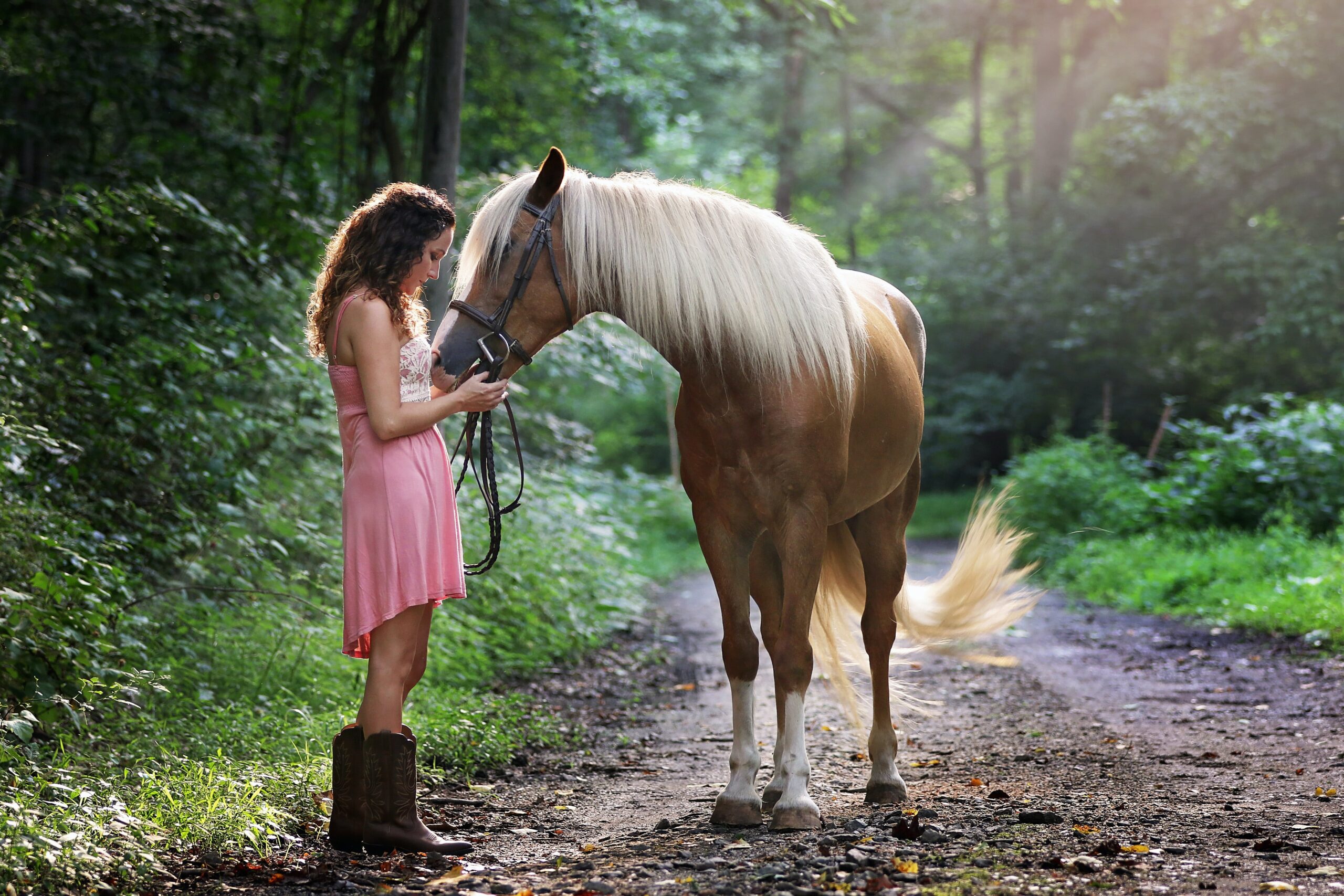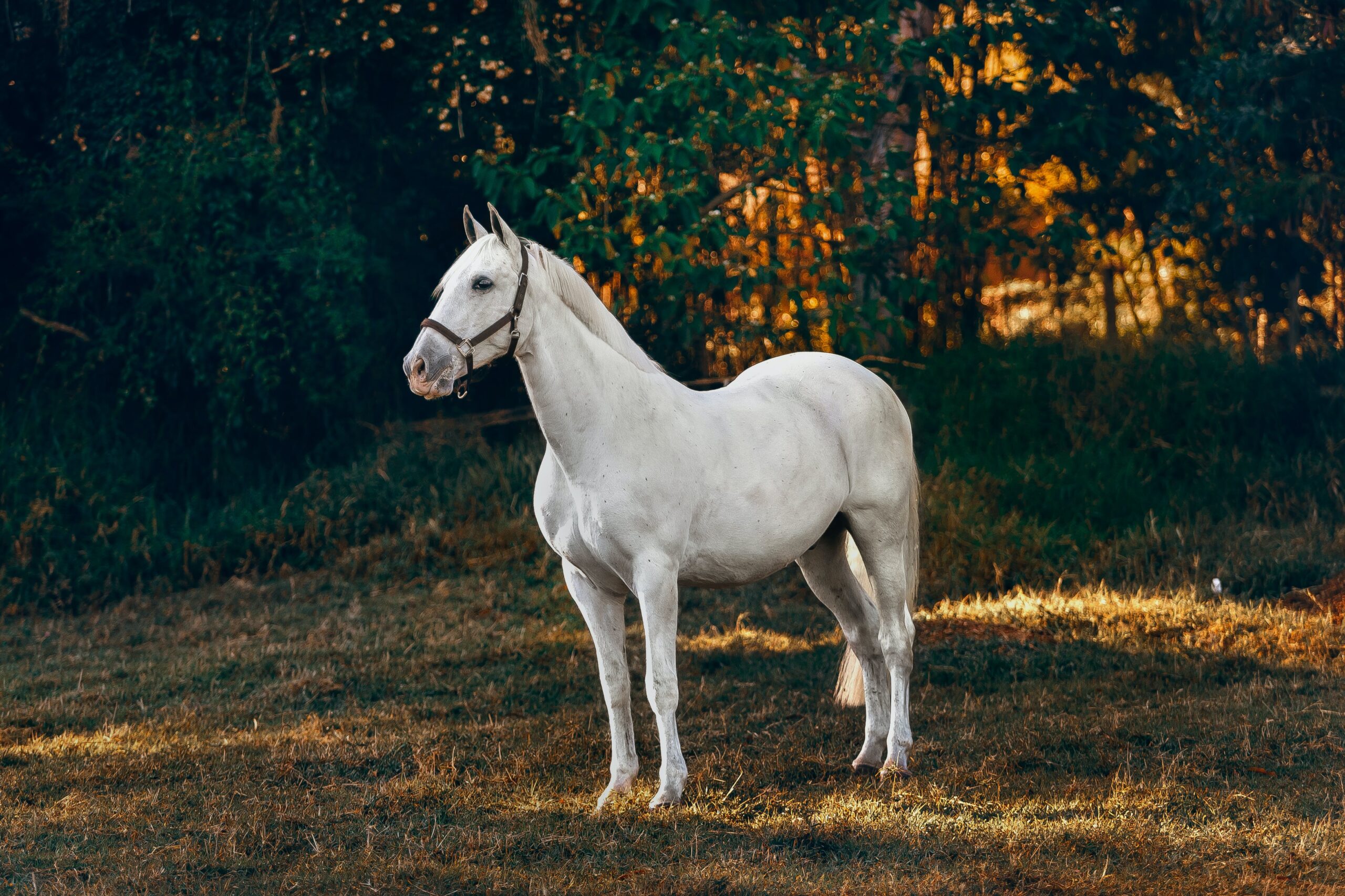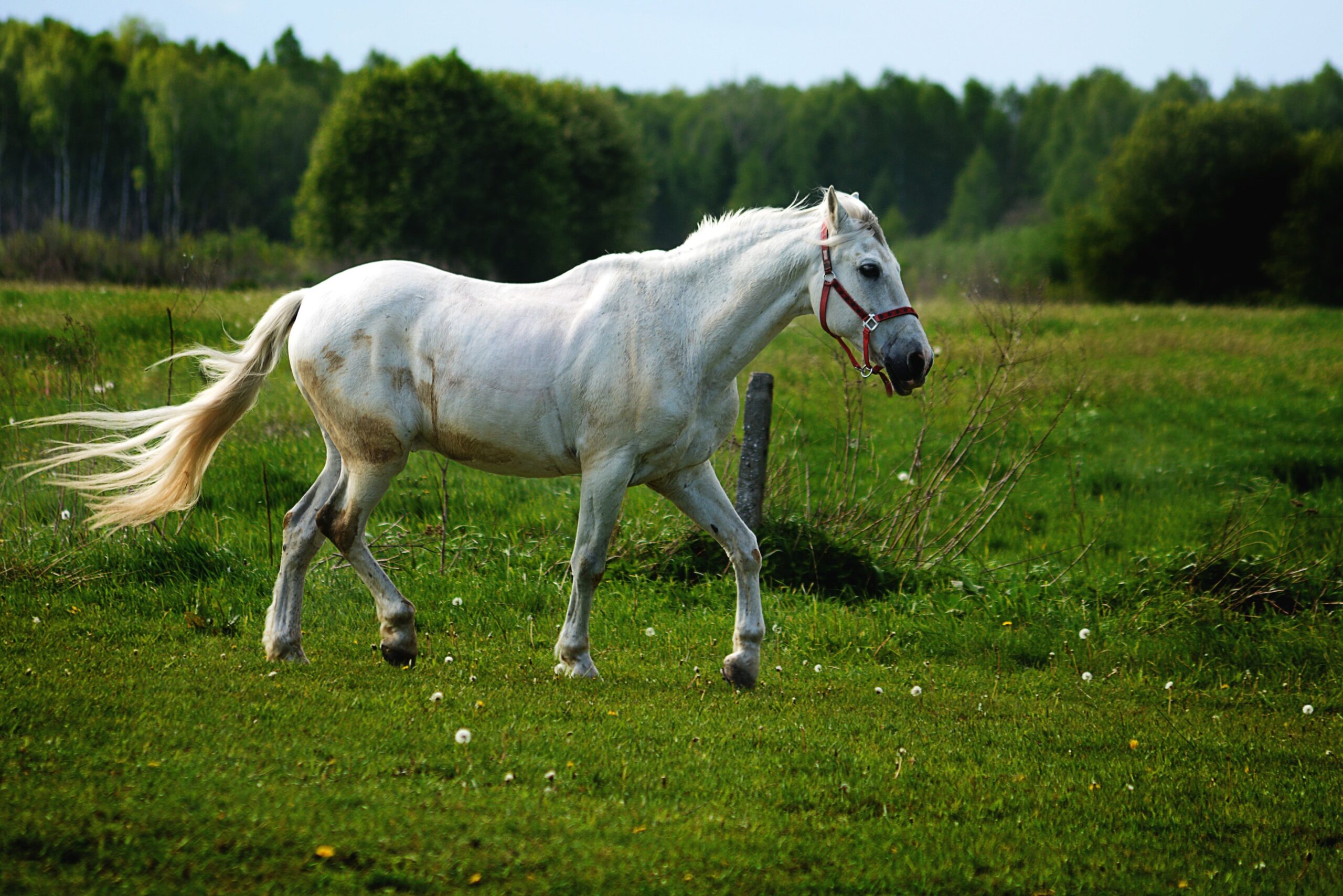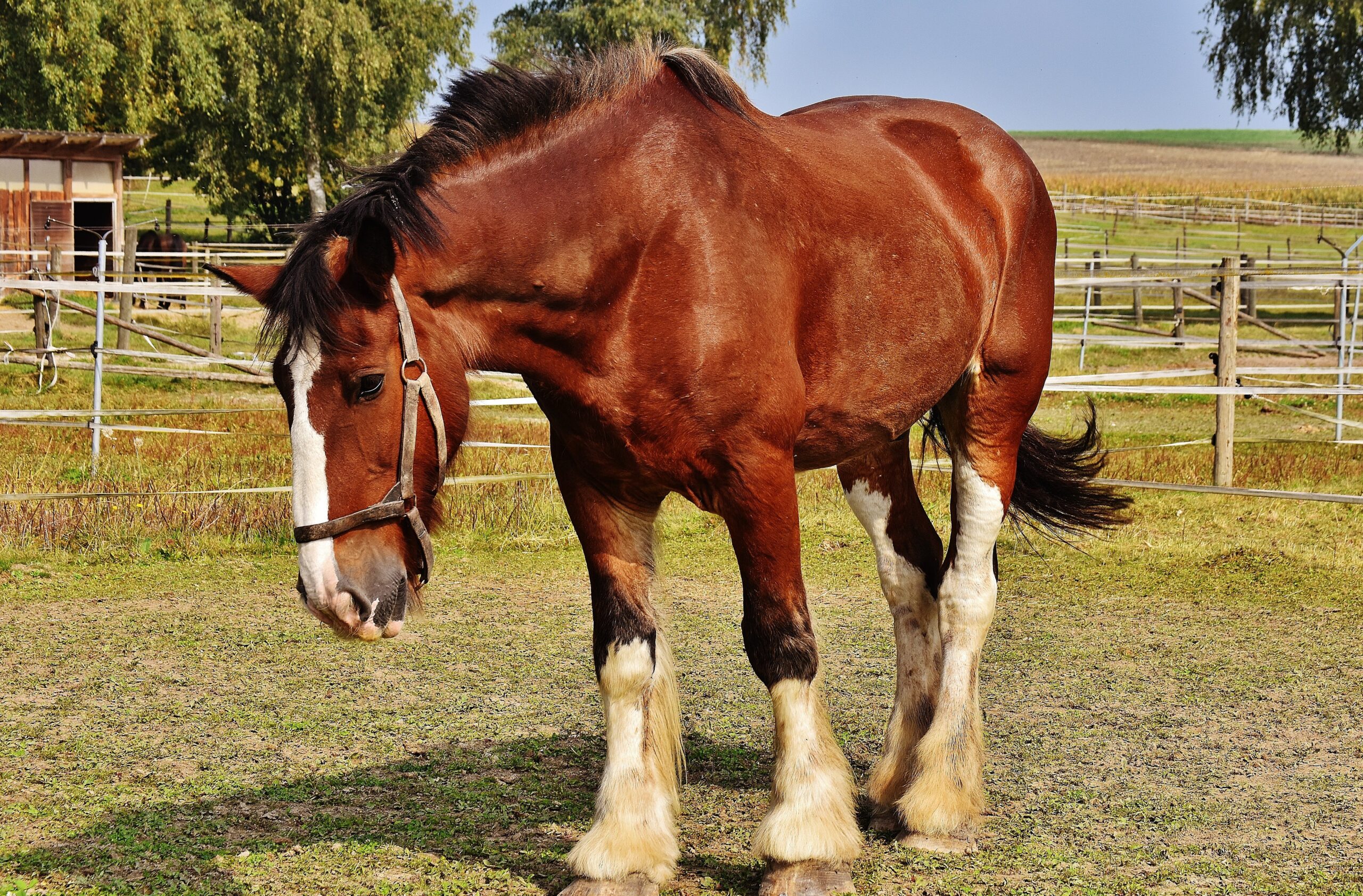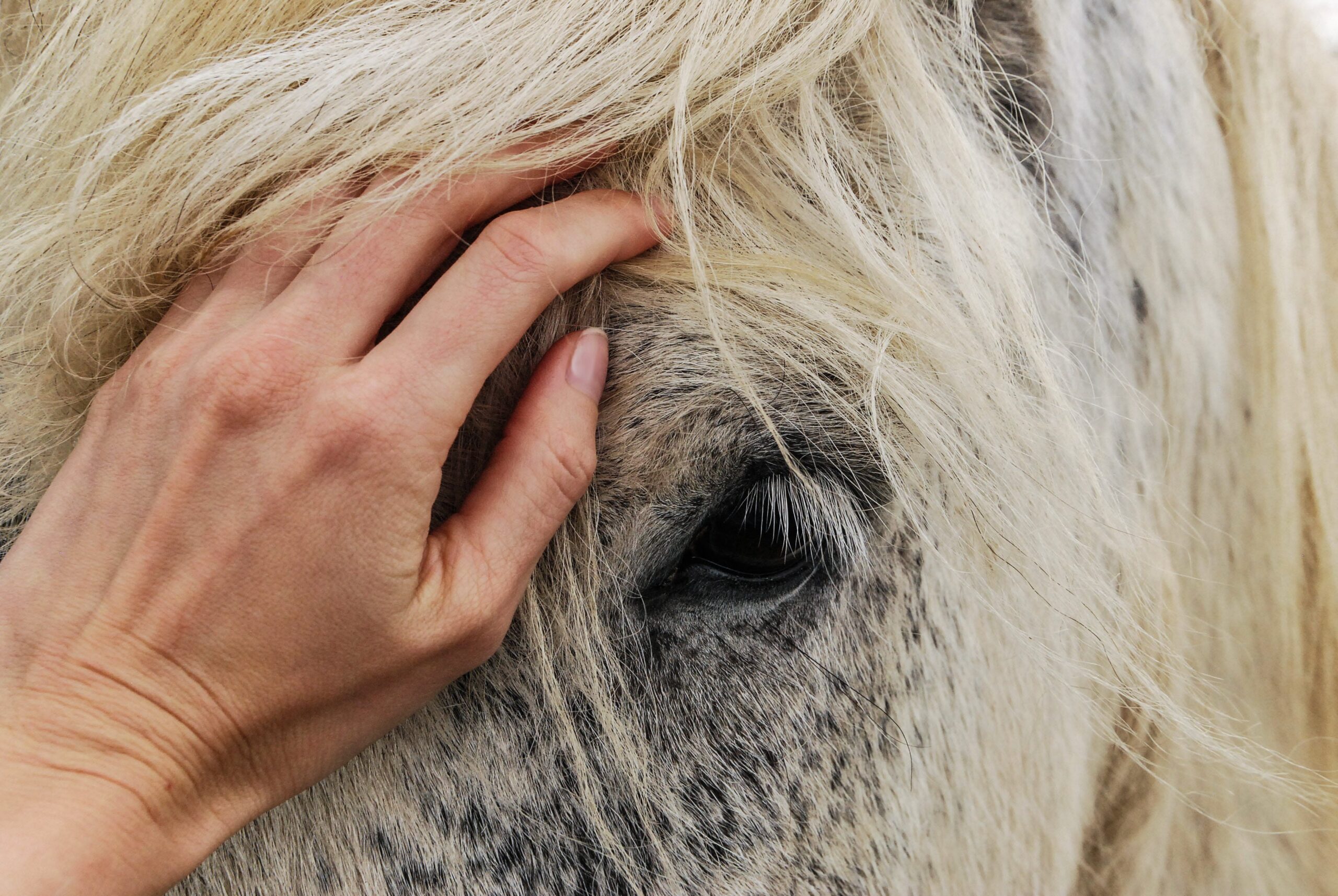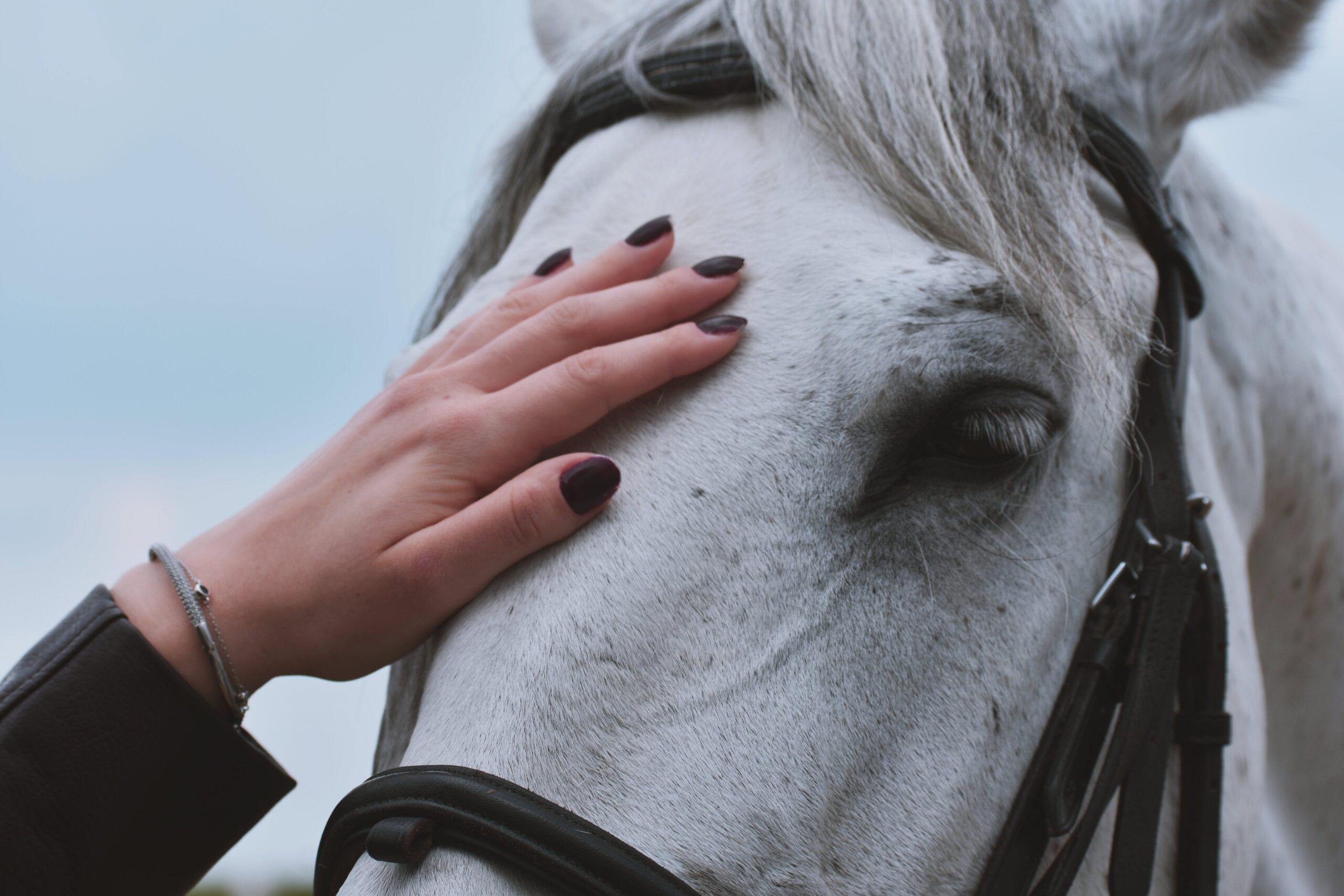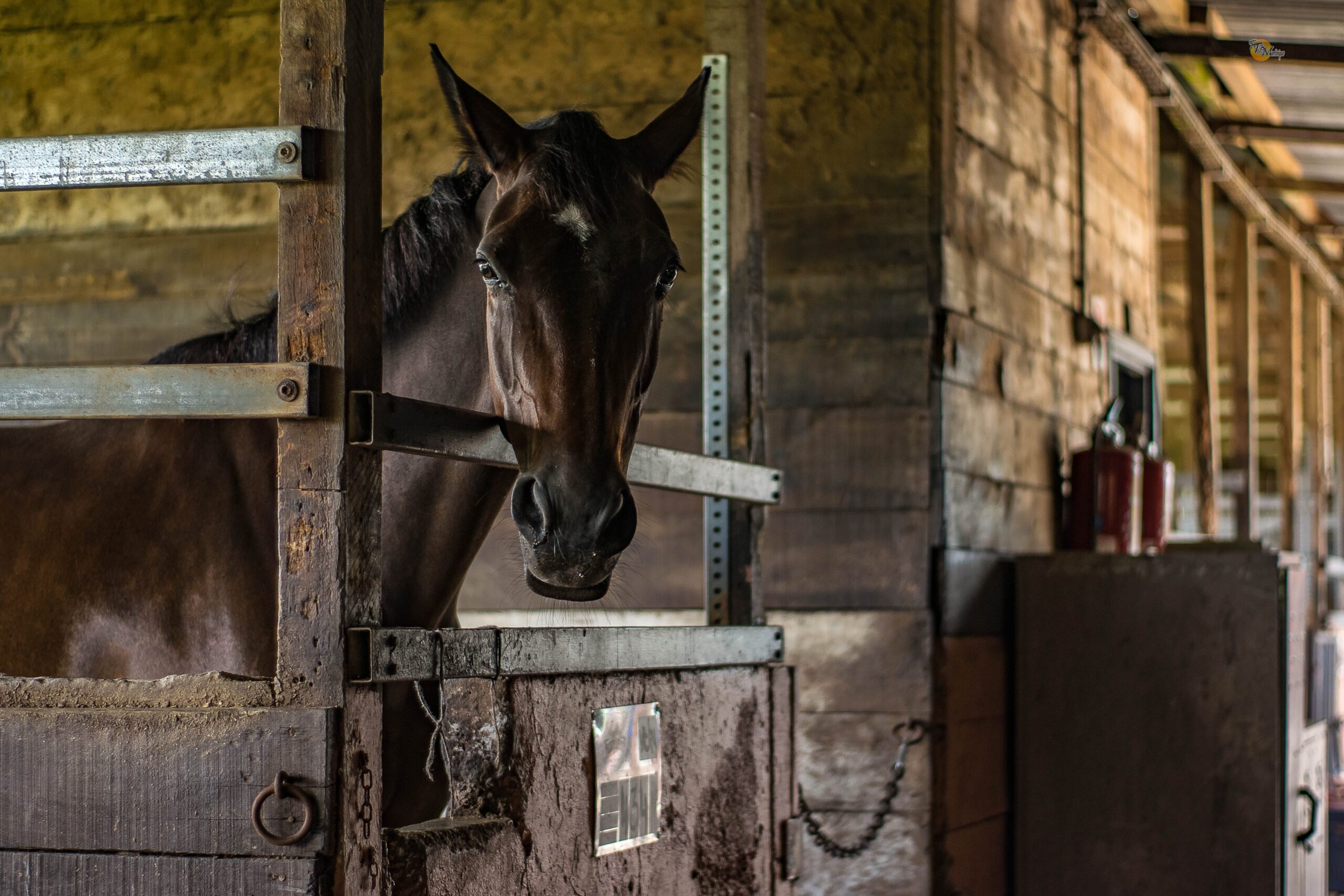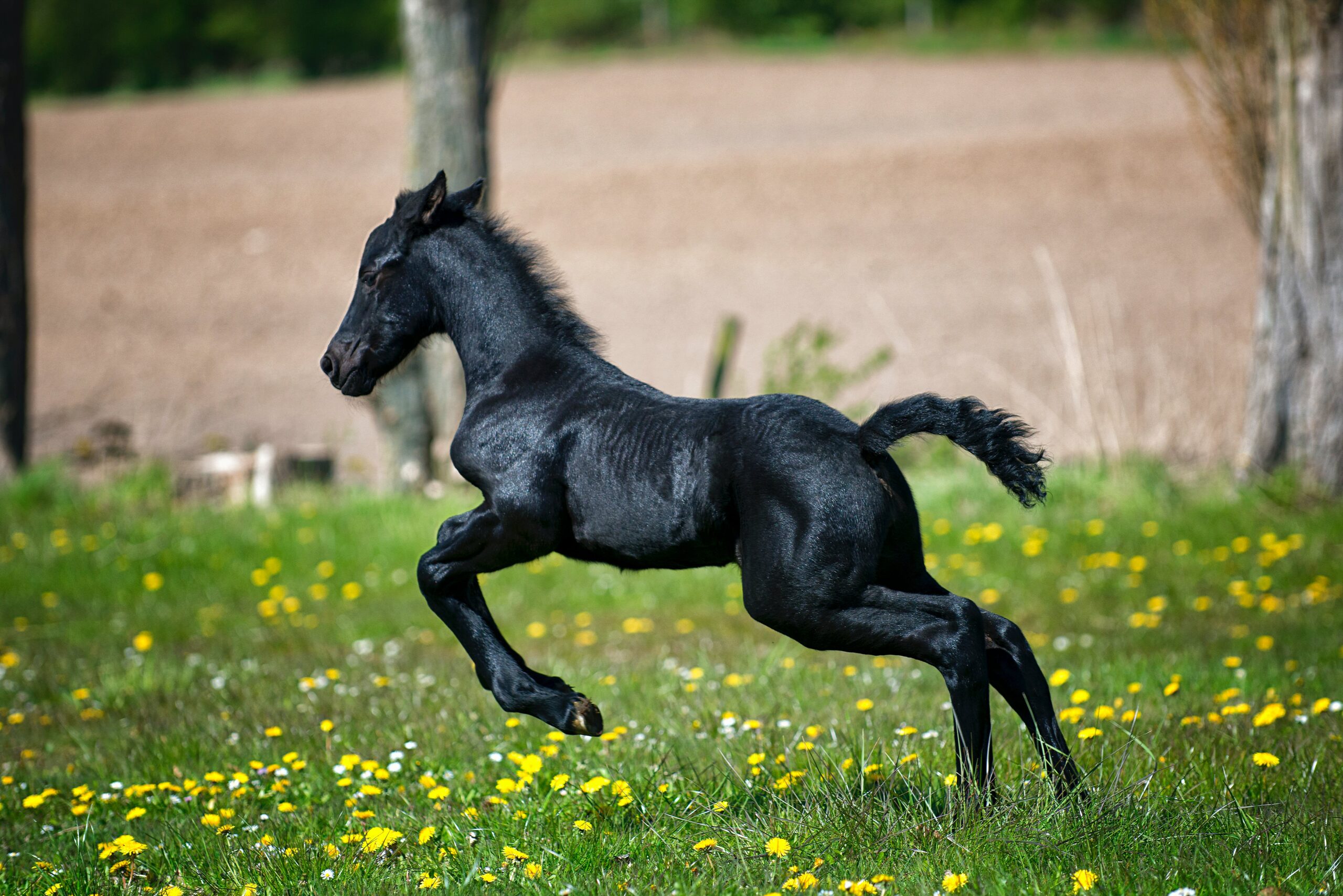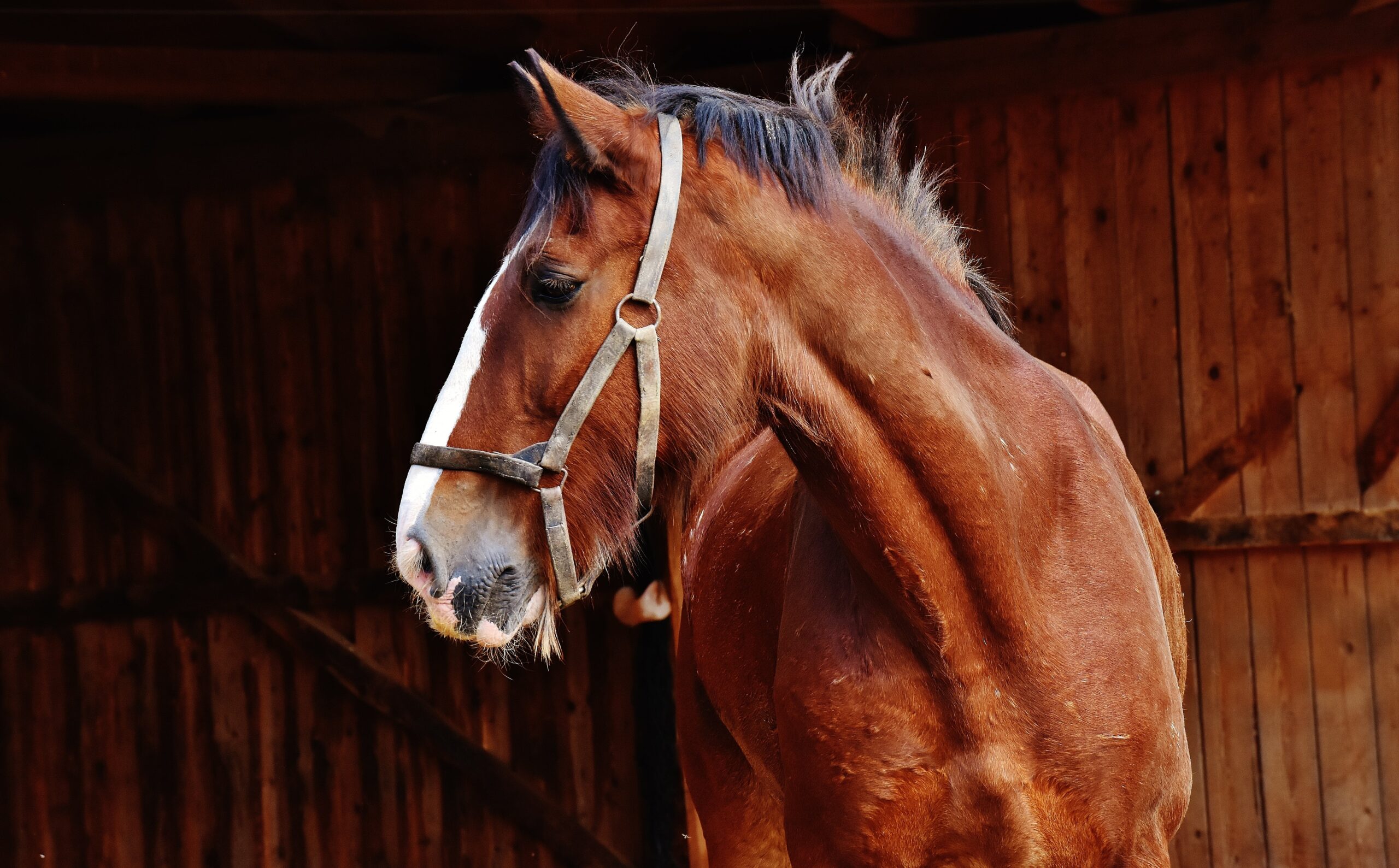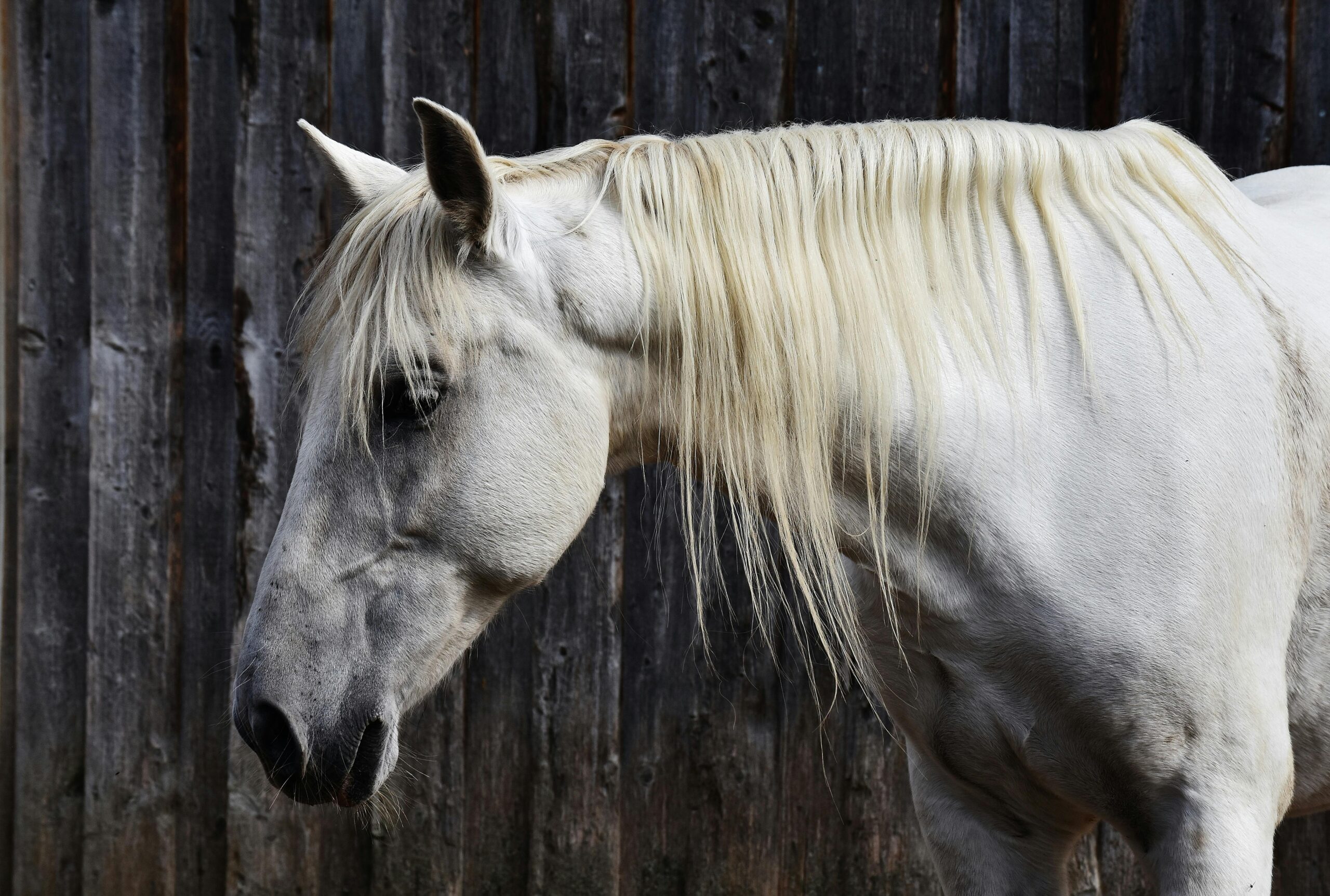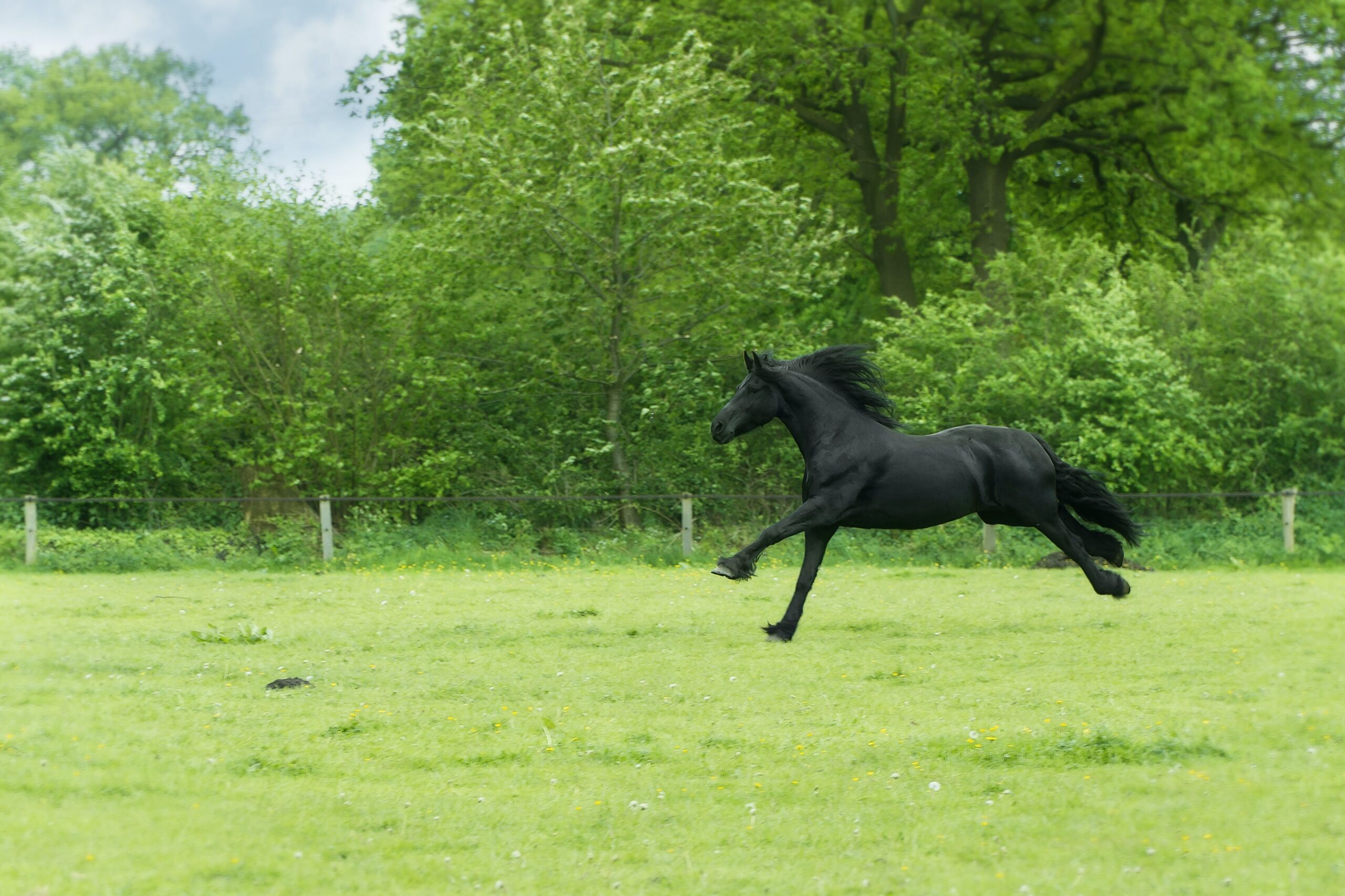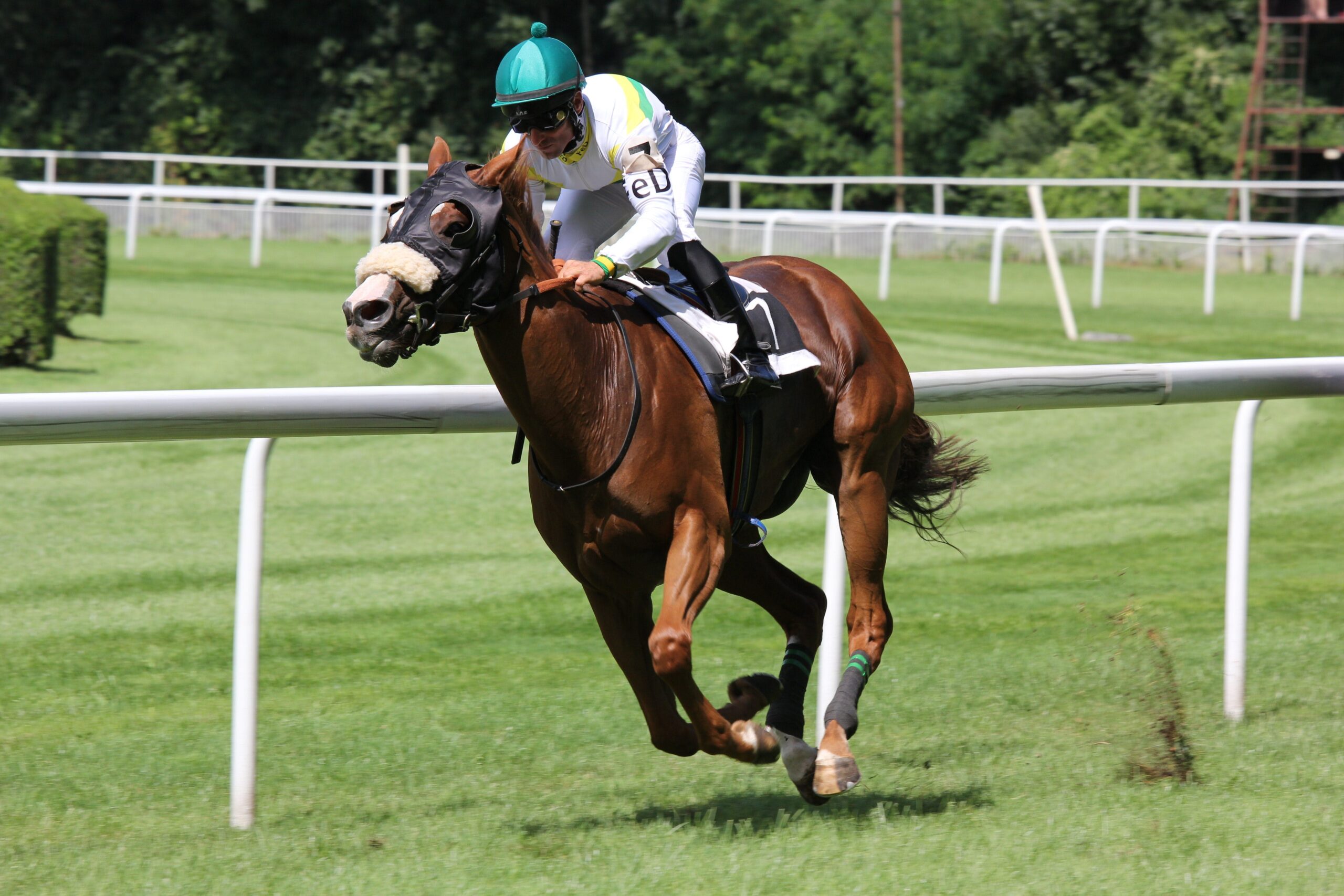Introduction
For equestrian enthusiasts, understanding the breadth of a horse’s life is fascinating and essential for providing the best care possible. This comprehensive guide delves into the intricacies of equine longevity, covering a range of factors that influence it, an exploration of average lifespans by breed, real-life stories of astonishingly aged horses, practical tips on increasing longevity, and a detailed look at common health issues.
Factors Affecting Lifespan
Breed and Genetics
Genetics play a pivotal role in a horse’s lifespan. Certain breeds are known for their longevity, while others may face predispositions to health issues that can affect their lifespan. Smaller horse breeds tend to live longer than larger ones, with ponies often outliving their taller counterparts.
Diet and Nutrition
A horse’s diet directly impacts its health and, by extension, its lifespan. A balanced diet meeting individual nutritional requirements is crucial. Every element of their diet, from the digestibility of forage to water intake, contributes to overall health.
Exercise and Physical Activity
Regular exercise is vital for horses, preventing muscular and joint issues and ensuring overall fitness. Adequate exercise can differ between a horse that remains healthy into old age and one that declines prematurely.
Veterinary Care and Health Management
Routine veterinary care, including check-ups, vaccinations, and proper management of health issues, is critical. Early detection and treatment significantly impact a horse’s life expectancy.
Average Lifespan by Breed
Horse breeds vary in size, purpose, and lifespan. Here’s a look at some common horse breeds and their average lifespans:
- Arabian: Known for stamina and endurance, often living into their 20s or 30s, with some reaching 40.
- Thoroughbred: Renowned for speed, typically living to their mid to late 20s.
- Pony Breeds (Shetlands, Connemaras): Known for long lives, many reaching their 30s or 40s due to their small size and sturdy health.
- Draft Horses (Percherons, Clydesdales): Generally live into their mid-20s.
- Light Riding Breeds (Quarter horses, Paint horses): Often reach their late 20s.
Longevity Exception: Old Billy
The oldest confirmed horse, ‘Old Billy,’ a barge horse from the 19th century, was 62. His remarkable lifespan is an outlier for the times but serves as an extraordinary example of equine longevity.
Tips for Increasing Horse Lifespan
Ensuring a long life for a horse requires dedication and attention to detail. Practical tips for horse owners include:
Proper Nutrition and Feeding Guidelines
Horses require a diet based on high-quality forage, appropriate supplementation, and regular feeding schedules. Avoiding obesity is crucial to prevent health issues like laminitis.
Regular Exercise and Mental Stimulation
Horses thrive on physical exertion and mental challenges. Turning horses into fields, providing pasture time, socializing, and engaging in various training activities contribute to overall well-being.
Routine Veterinary Check-ups and Preventive Care
Equine veterinary care should extend beyond emergencies. Regular check-ups catch potential problems early, while preventive dental care, vaccinations, and deworming protocols ensure a horse’s best chance at a long and healthy life.
Safe and Comfortable Living Environment
Ensuring horses are housed in a comfortable, appropriate environment can significantly affect their quality and length of life. Suitable shelter, safe fencing, and accident prevention measures are crucial.
Common Health Issues and Care
As horses age, they become more susceptible to specific health issues. Remain vigilant and familiar with these common ailments:
Age-Related Ailments
Arthritis, loss of vision, and dental issues are common problems in older horses. Managing their environment and providing appropriate care can ease these symptoms and prolong comfort.
Dental Care and Oral Health
Proper dental hygiene is crucial to a horse’s ability to eat and digest food effectively. Regular dental check-ups and floating can prevent the development of sharp points, hooks, or other issues that interfere with a horse’s ability to chew.
Joint and Muscle Care
As horses grow older, joints can show signs of wear and tear. Providing supplements and managing their activity levels can help reduce the pain and stiffness associated with aging.
Parasite Control
A robust parasite control program is essential for maintaining the health and longevity of a horse. Regular deworming and pasture management practices are critical components of such a program.
Emphasizing Individualized Care
Understanding each horse’s unique needs and tailoring care routines accordingly is crucial. What works for one horse may not be suitable for another, highlighting the importance of individualized attention.
Mental Well-being of Horses
Expanding on the mental well-being of horses is essential. Discuss the significance of mental stimulation, social interaction, and how a positive environment contributes to their overall happiness.
Weight Management
Emphasize the importance of maintaining an appropriate weight for horses. Discuss the risks associated with obesity and how it can contribute to various health issues.
Senior Horse Care
Provide more details on caring for senior horses, addressing specific concerns related to aging, such as changes in dental care, nutritional requirements, and adjustments in exercise routines.
Emerging Trends in Equine Health
Include information on new developments or trends in equine health, including innovative veterinary treatments, supplements, or technologies that may improve horse longevity.
Case Studies and Expert Interviews
Incorporate real-life case studies or expert interviews to provide firsthand experiences and professional insights into horse care practices that have proven successful in promoting longevity.
Interactive Checklist for Horse Owners
Develop an interactive checklist summarizing key points from the guide, allowing horse owners to assess their current care practices and identify areas for improvement.
Online Resources and Further Reading
Include references to reputable online resources, books, or articles for readers who want to delve deeper into specific horse care and longevity topics.
Community Engagement
Encourage readers to share their experiences, tips, and questions about equine care and longevity in a dedicated community forum or social media group.
Conclusion
The lifespan of a horse reflects the care and attention it receives throughout its life. By paying close attention to the factors influencing longevity, owners can ensure their equine companions have the best chance at a long, happy, and healthy life. Responsible horse care, from the stable to the pasture, from the feeding trough to the veterinary office, is the foundation for the years your horse will add to your life.
